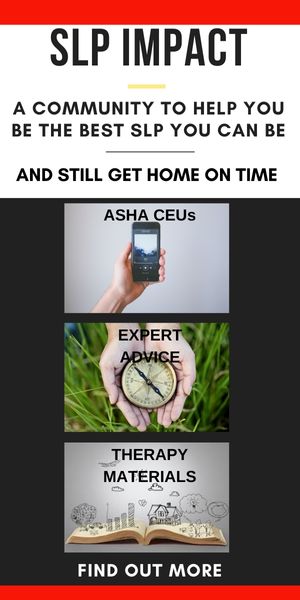This post is dedicated to my parents. To the mothers, fathers, grandparents, foster parents, family members and caretakers who care so very much. Thank you for letting us into your lives. It is truly an honor to serve in this capacity.
Woes of the Week
On Tuesdays in the clinic, I see clients with exposure to Spanish, Czech, Marathi, Hindi and English. This is the heart of our work at Bilinguistics–supporting our families who expose their children to languages outside of English. Yesterday, I worked on Core Vocabulary using picture exchange for a two-year old, Core Vocabulary for a dynamic communication device for a 13-year-old, /s/-blends at the sentence level and multi-syllabic words. Coincidentally, this is not what resided in my SLP-heart as I drove away at the end of the day.
During my 11:45 am session, a mother came in with her two-year-old daughter. The day prior, they finally got into see a developmental pediatrician, and the child was given the diagnosis of Autism Spectrum Disorders. I have been seeing this family for months, and the mother anticipated this information. Because assumptions and reality are two different entities, I knew enough to check in with her. I sat there and watched the river that flowed from her eyes. She acknowledged that she was okay with the diagnosis, and the information made their future clearer. The tears were about her. “I don’t know if I will be enough. I don’t know if I have it within me. I’m so tired.”
Then, I had my 3:15 pm session. At the end of my session, I always bring in the parent to talk about the young man’s successes using ProLoQuo2Go. Yesterday afternoon, he asked, “What have you been up to?” to kick off the session. We always banter about the temperature in the room, and he said, “I feel hot. Fan! Fan!” And, he let me know he was done with speech, “I want all done, Ms. Phuong, speech pathologist!” I shared this with his mother. Then, she shared with me. “You know, I just want him to be independent. I will not live forever. I know my daughters will be okay without me. I am worried about him. So, I will help him everyday until I’m not here.”
These are the motherly stories that live alongside the children I serve.
Family Input is Part of Evidence-Based Practices
Some have told me that I get too involved with my parents and families. With my heart in mind, others have said that I need to set boundaries. At this time, I want to say that the level of parent involvement is individualized to each service provider. We are all different speech-language pathologists with various temperaments and personalities. So, you do you. In saying this, I want to reiterate that the most important question is not, “How much parent involvement?” Rather, we need to ask ourselves, “Do I involve my families?”
The definition of Evidence-Based Practices (EBP) per ASHA is composed of three equal parts: clinical expertise/expert opinion, external scientific evidence and client/patient/caregiver perspectives. Obtaining information from our students/clients and their families is one-third of using EBP. I am giving you permission to utilize your SLP humanity by seeking the thoughts, feelings and priorities of our families.
3 Family Strategies for SLPs

Seek Input Prioritize family input in the same way you prioritize getting your assessment materials ready. Here is a 2-step directive. First, reach out to the family. Then, create space for continual family input and feedback. These efforts build trust, and trust is the foundation for a meaningful and goal-oriented relationship between family and service provider.
Honor the Grief As SLPs, we are often the first responders for diagnoses. When a caretaker hears a diagnosis for the first time, know that the assumed narrative for the child’s future has been altered. These are big, big moments, and our involvement during these times is sacred. Valuable feelings of denial, shock, anxiety, fear, depression, pain, guilt and anger should be honored.
Value the Content Our families have the lifespan perspective. They are thinking about how they can 1) support the child’s needs during his/her/their entire life with and without the parents’ and 2) support and honor all family members’, including siblings, needs with their current financial, physical and emotional resources. In my experience, an unspoken and unacknowledged priority should be maintaining the physical and mental heath of the parents and caretakers. The role is fraught with sacrificial, pervasive efforts and exhaustion, and we need to ensure the Givers are supported, as well.
Let us honor our families in all capacities. Always and in all ways.
You can find more information on Family-Centered Practice in The Heartbeat of Speech-Language Pathology and in this ASHA blog post.




Spot on. Thank you! 🙂
That is exactly how I feel, and how I feel I worked with my parents of newly diagnosed toddlers on the autism spectrum. They need the love and support that others in their life don’t even know they’re in need of. I came upon your site from a share in another FB page. Glad you’re out there for parents!?❤️